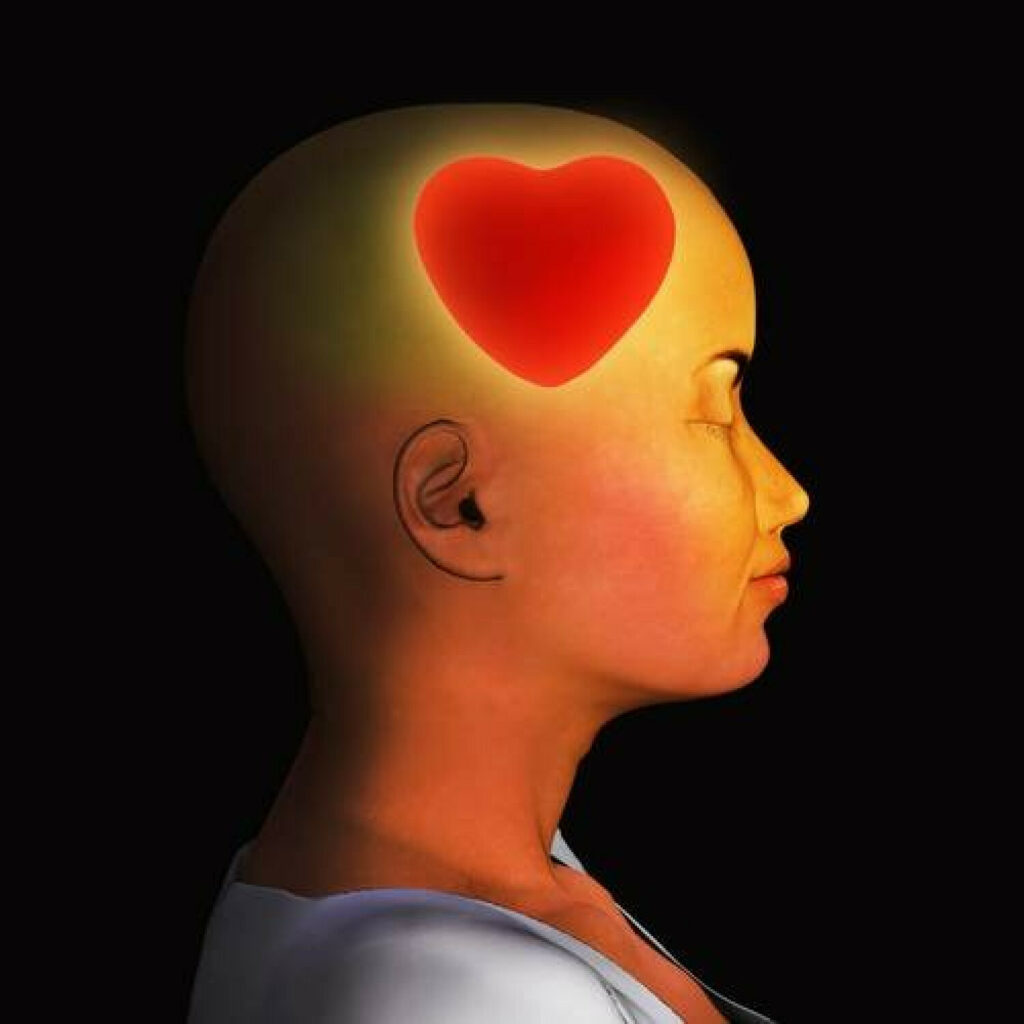
According to a recent study by teams from the Institute of Psychology at Jagiellonian University (UJ) in Krakow and Karolinska Institutet in Stockholm, blind people sense their own heartbeat better than sighted people.
According to the researchers, after vision loss, brain plasticity leads to a better ability to sense signals from inside the body.
In the publication ‘Heartbeat counting accuracy is enhanced in blind individuals’, which has just been published in the ‘Journal of Experimental Psychology: General’, the authors described the results of an experiment involving sighted and blind people. They studied 36 blind and 36 sighted volunteers matched for age and gender.
„The study showed that blind people were more accurate in sensing heartbeats than sighted people”, says Dominika Radziun, the first author of the paper and a graduate of the Institute of Psychology at the Jagiellonian University. Importantly, there were no differences between the groups in how well they performed the task or in the number of heartbeats per minute. However, the simple study has momentous implications – it allows us to speculate that the unusual ability observed in blind people probably reflects their higher sensitivity to signals from within the body.









